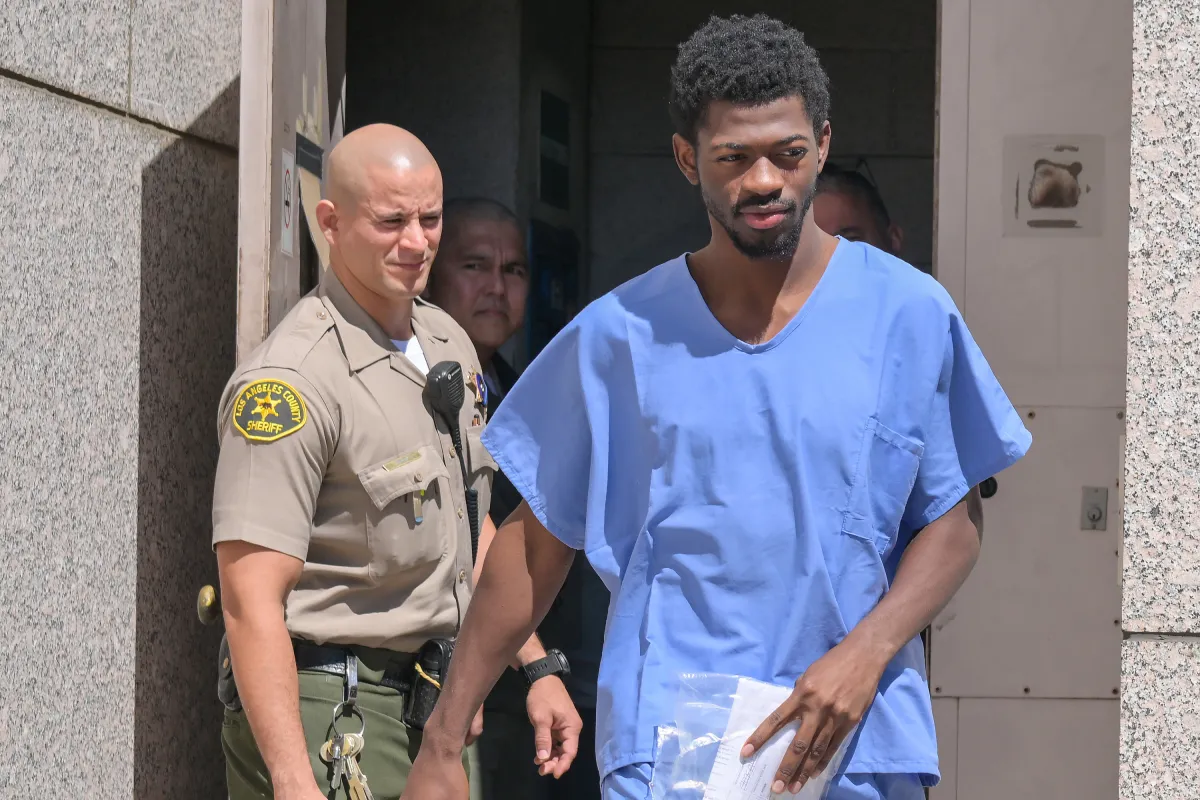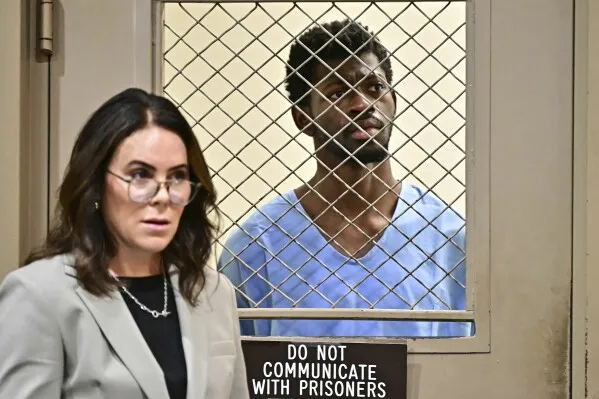

Why Lil Nas X’s Arrest Raises Urgent Questions About How Police Handle Mental Health Crises
The recent news of Lil Nas X’s arrest in Los Angeles has shocked fans worldwide and reignited debates about the role of law enforcement when it comes to people experiencing mental health episodes. On August 21, the Grammy-winning musician, whose legal name is Montero Lamar Hill, was arrested by LAPD officers and later charged with multiple felonies, including “battery on a police officer” and resisting arrest. Reports suggest he could face up to five years in prison if convicted.
While headlines have focused on the charges, the circumstances surrounding his behavior during the incident point to a larger, systemic issue: the risks of having police respond as first responders to mental health crises.
The Incident: What Happened on August 21
In the early morning hours of August 21, Lil Nas X was seen walking around Los Angeles wearing only underwear and cowboy boots. TMZ published clips of the bizarre episode, sparking speculation that it might be a publicity stunt. However, as more details emerged, including official felony charges, it became clear this was not a staged event but a serious situation.
According to reports, police claimed Hill resisted arrest and engaged in physical contact that led to the battery on a police officer charge. Footage showed a visibly distressed Hill behaving in ways that many interpreted as symptomatic of a mental health breakdown rather than criminal intent.
His father, Robert Stafford, later revealed emotional details of visiting him in jail, separated by glass. He described crying with his son and acknowledging the immense pressure the young artist faces as the financial supporter of his family. “We all have breakdowns every now and then,” Stafford said, “but the difference is, yours gets played out in the public eye.”
The Emotional and Personal Toll
For Lil Nas X, this arrest is not just a legal hurdle but also a deeply personal struggle. According to his father, Hill has long carried the burden of being a breadwinner, managing not only fame but also family responsibilities, including his mother’s struggles with addiction. This immense pressure, combined with the demands of being a global superstar, has likely contributed to his emotional stress.
When people experience a mental health crisis, the last thing they often need is confrontation with law enforcement. Yet, for Lil Nas X, the breakdown that might have otherwise been met with compassion or medical care instead escalated into felony charges and potential prison time.
Police as First Responders in Mental Health Episodes
The arrest of Lil Nas X is not an isolated case; it highlights a broader issue in the U.S. According to the Policing Project at NYU School of Law, in at least one major city, wellness-check requests account for about 7% of all 911 calls. This figure is larger than reports of theft or noise complaints and nearly as frequent as domestic violence calls.
Crucially, the Policing Project notes that “rarely” are these calls related to suspected crimes. Instead, they are often situations where a loved one or bystander notices someone acting out of character, showing signs of mental distress. Despite the non-criminal nature of these events, the default response remains sending police officers.
The problem? Officers are trained primarily for law enforcement, not crisis intervention. This mismatch often escalates situations instead of calming them, increasing the risk of arrests, injury, or even death for those experiencing mental health episodes.
Why This Case Strikes a Chord
The arrest of a high-profile celebrity like Lil Nas X magnifies what happens to thousands of less-famous individuals daily. Many of these individuals are unhoused or moving between shelters, making their struggles more visible in public spaces. In communities across the country, it’s common to see people acting in ways that suggest mental health struggles.
The difference is that while celebrities like Hill receive extensive media coverage, ordinary individuals often face similar circumstances without public awareness — and sometimes with tragic outcomes. Too many cases exist where calls for help end in violence when police officers, untrained in mental health crisis de-escalation, are the ones who arrive on the scene.
The Limits of Law Enforcement in Mental Health
It’s important to understand that this issue is not about blaming individual officers but about questioning the systemic design of public safety responses. Law enforcement professionals are trained to establish authority, enforce laws, and respond to threats. By contrast, handling a mental health episode often requires empathy, patience, medical expertise, and de-escalation strategies.
Without proper training or alternatives, officers may misinterpret erratic or uncooperative behavior as aggression or resistance. This dynamic is likely what contributed to Lil Nas X’s arrest escalating into serious felony charges.
Public Perception and Media Narratives
Another key aspect is how the media portrays incidents like this. Initial coverage of Lil Nas X’s arrest framed his behavior as bizarre or even humorous, with some commentators questioning whether it was a staged stunt. This framing overlooks the serious mental health context behind his actions, further stigmatizing individuals who experience similar episodes.
For fans and observers, shifting the narrative from ridicule to compassion is vital. Instead of asking, “What was he doing?” perhaps the better question is, “What support did he need in that moment?”
The Need for Alternatives to Police Response
The arrest of Lil Nas X reinforces the growing calls for alternative response models to mental health crises. Across the U.S., some cities have begun experimenting with programs where mental health professionals, social workers, or crisis counselors respond to 911 calls involving psychological distress.
For example, the CAHOOTS program in Eugene, Oregon, has been celebrated as a model where trained mental health specialists, not police, handle such incidents. This approach not only reduces arrests and confrontations but also provides individuals with immediate access to the care and support they need.
Scaling up these kinds of programs nationwide could prevent situations like Lil Nas X’s arrest from becoming criminal matters when they are, at their core, medical and emotional crises.
What Fans Can Learn from This
For fans of Lil Nas X, his arrest serves as a reminder that behind the fame, music, and public persona is a young man navigating immense pressures and personal challenges. It also highlights the importance of mental health awareness, not just for celebrities but for everyone.
Support for people in crisis should come in the form of compassion, treatment, and understanding — not handcuffs and felony charges. Recognizing this distinction could help reshape public conversations about both mental health and public safety.
Final Thoughts: A Bigger Issue Than One Arrest
While the spotlight remains on Lil Nas X’s arrest and the legal case that follows, the bigger issue is systemic. Police are not the best-equipped first responders for mental health crises, and continuing to rely on them in these situations often leads to escalation rather than resolution.
The incident on August 21 should serve as more than tabloid fodder; it should be a wake-up call for communities and policymakers to rethink how they respond to crises of this nature.
If there’s one lesson to take from this high-profile case, it’s that mental health challenges require care, not criminalization. Until alternative systems are in place, stories like Lil Nas X’s will continue to surface, reminding us of the urgent need for change.




















